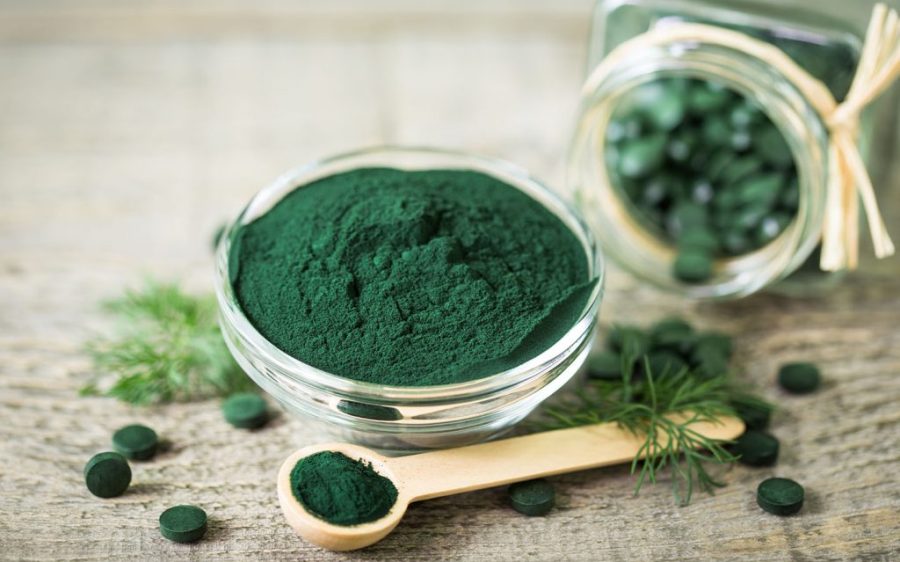Researchers bioengineered spirulina to produce active vitamin B12, creating a sustainable, carbon-neutral alternative to beef and dairy, which are the main sources of the essential nutrient.
SciTechDaily reports that a multinational research team has successfully cultivated photosynthetically controlled spirulina that produces biologically active vitamin B12 at levels comparable to those found in beef.
Traditional spirulina, a dried biomass derived from a type of blue-green algae or cyanobacteria (Arthospira platensis), has long been regarded as a health food. But without a form of B12 bioavailable to humans, it was unable to address vitamin B12 deficiencies. Difficulties in getting enough B12 are typically associated with those following fashionable plant-based diets, but in fact such deficiencies affect more than a billion undernourished people globally.
In the paper, published in Discover Food, researchers outline how they employed modified light conditions to enhance active B12 production in spirulina, as well as other bioactive compounds with health benefits. “The findings demonstrate that photosynthetically controlled spirulina can produce desirable levels of active vitamin B12, offering a sustainable alternative to traditional animal-source foods,” a researcher told SciTechDaily.
[See more: Vegetarians may sleep better, according to studies]
Commonly taken as a supplement or an ingredient in food, the traditional form of spirulina offers a wide variety of nutritional benefits.
Just one tablespoon of dried Spirulina powder includes: 4 grams of protein, thiamine (14 percent daily value), riboflavin (20 percent), niacin (6 percent), copper (47 percent) and iron (11 percent), as well as small amounts of magnesium, potassium and manganese. All that with only 20 calories and less than 2 grams of carbohydrates.
Spirulina is also an antioxidant, reducing the inflammation caused by oxidative stress which can contribute to high blood pressure, heart disease, diabetes, neurodegenerative diseases and cancer.
It may help combat heart disease by reducing cholesterol and triglyceride levels and preventing ‘bad cholesterol’ (low-density lipoprotein, or LDL) from oxidising in the body. A number of other potential benefits, from reducing allergy symptoms to improving muscle strength and endurance, are also suggested by studies.






